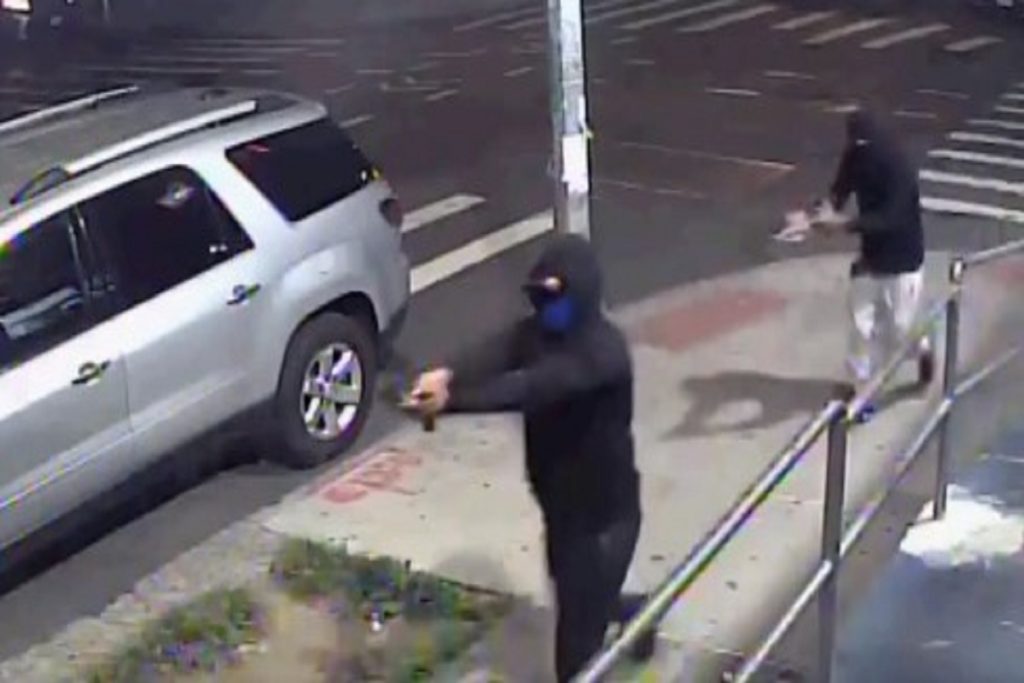Following the San Diego custody death, the judge annuls the $85 million award.
San Diego, California A federal judge this week rejected the historic $85 million civil rights judgement against San Diego County that was based on the 2015 death of Lucky Phounsy, who was attacked, tasered, and hogtied during a struggle with more than a dozen police officers.
According to U.S. District Court Judge Marilyn Huff, the pecuniary verdict rendered by a federal jury in March was not supported by the evidence presented at trial and could have been influenced by unrelated factors like hatred toward the Sheriff’s Department or sympathy for Phounsy’s family.
In a decision that spanned 75 pages on Wednesday, Huff wrote that the size of the jury’s wrongful death award “is far out of proportion to the evidence and indicates that the jury may have impermissibly included in the award some measure of Plaintiffs’ emotional distress, or some amount intended to punish Defendants.”
Huff, however, turned down the county’s requests for a fresh trial and refrained from declaring that the county had prevailed by getting the judgement overturned. She also backed jury decisions that deputies overreacted and were careless, as well as an important conclusion that the Sheriff’s Department’s guidance on how to avoid overreacting to someone who is confined was deficient.
The jury reached the opinion that the use of excessive force and civil rights abuses against Phounsy were mostly due to this lack of training, and Huff sustained this finding.
The judgement suggests that a third trial will take place, but this one will just focus on how much money the county should be forced to pay. Huff ordered that the parties consider potential dates because the trial has not yet been scheduled.
A county official declined to comment, citing the ongoing nature of the situation.
The attorneys for the Phounsy family, Mark Fleming and Timothy Scott, issued a statement that focused on the passages of Huff’s ruling that upheld the county’s duty.
They claimed that the County and its deputies were wholly at fault for Lucky Phounsy’s passing. They claimed that the County and its officers bore full legal liability for Lucky Phounsy’s passing. Another jury will soon be tasked with evaluating the family Phounsy’s unimaginable grief.
The $85 million judgement was the largest civil rights verdict for a death in detention ever rendered in the nation at the time of the verdict. Phounsy’s family received $5 million from the tribunal for their suffering and $80 million for the loss of their loved one’s love and company in the past and future.
On April 13, 2015, Phounsy, 32, got into a 45-minute fight with deputies. He had not slept much lately and was going through a mental health crisis when he believed his family was in danger and self-dialed 911 during a family gathering at a relative’s home in Santee.
When the two deputies entered the house to arrest Phounsy, a quarrel broke out and quickly escalated into violence. Phounsy received a beating, a baton blow, several electric shocks, and finally, his hands and ankles were bound together in a hogtie. He also took two dosages of an anaesthetic.
He was taken outside the house and placed on the driveway while still being held to the maximum that the county would allow. By the time an ambulance arrived, he had reportedly been confined for close to 30 minutes, according to Huff. He was placed inside the ambulance while being handcuffed to a cart.
One of the responding deputies, Richard Fischer, forcibly lowered his head as they rode to the hospital. He would later be fired from the department after pleading guilty to assault and battery charges brought after numerous women accused him of groping them while he was on duty.
Phounsy’s heart had already stopped when he arrived at the hospital, and a few days later, his family decided to turn off his life support. He later died as a result of his protracted struggle with the deputies and the adverse effects of the ecstasy he had taken a few days previously, according to the medical examiner.
However, attorneys for Phounsy’s widow Loan Nguyen and the couple’s two young children dissented with that conclusion and claimed that the deputies’ actions caused Phounsy to suffocate to death. She sued the county and other deputies, claiming that he died as a result of excessive force and insufficient training. Years passed before the case was eventually tried, and when it did last August, the jury was divided.
Before the second trial began, the attorneys for the Phounsy family discovered that the county had failed to furnish them with an 18-minute training video that would have shown how the department instructs deputies on utilising restraints, as required by the court-established guidelines for discovery.
The family’s attorneys claim that the video would have helped the lawsuit against the county since it showed that the deputies who shackled Phounsy disregarded the order, which they relayed to Huff.
County attorneys initially denied any wrongdoing and said Phounsy’s attorney never specifically requested the footage, but later admitted they had no record of ever giving the tape to the opposing party.
During the second trial, Huff felt compelled to warn the jury that they might not be able to trust the county’s testimony regarding the training of deputies due to the discovery violations.
She gave similar directives for other things as well. A second film on “excited delirium” training that addressed the premise that a drug-induced state of agitation can lead to death was withheld by the county. Deputies were obliged to complete tests after watching the restraints video, but it neglected to share the full findings of those examinations.
She also imposed a fine on the county for delaying the disclosure of toxicology test findings on a blood sample drawn from Phounsy prior to the second trial, which showed that he only had trace amounts of ecstasy in his system.
The directions were “fair sanctions for the County’s severe discovery violations,” Huff said in her ruling on Wednesday, rejecting the county’s claims that the jury was biassed by them.
The jury’s conclusion that the county did not adequately train officers was supported by the testimony of other deputies who testified during the trial, according to the plaintiff. When Phounsy was being held, some witnesses said they did not notice his breathing problems because he was making “animalistic noises,” grunting, and groaning.
She claimed that overall, based on the information considered by the jury, “deputies as a group obtained insufficient instruction in preventing excessive force on a detained suspect.”
Follow us on Twitter
Also, Read North Ayrshire Crime: 26-Year-Old Arrested For Alleged Drug Driving





